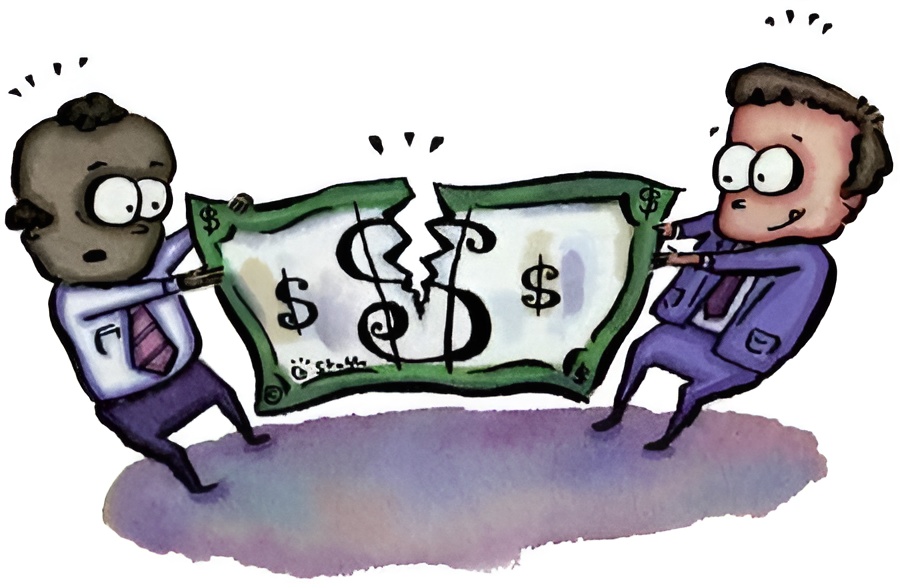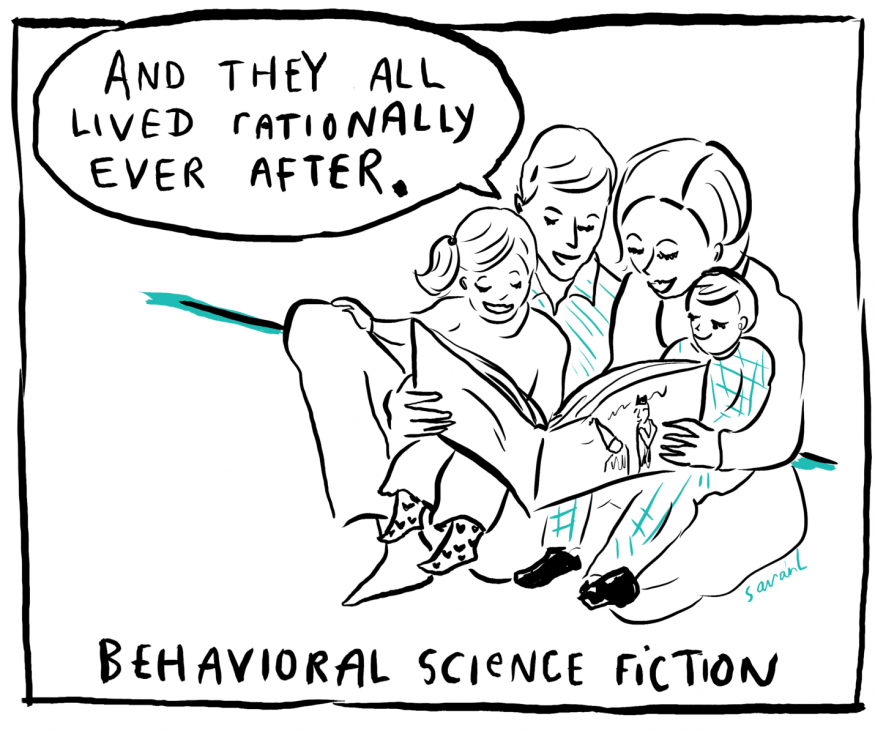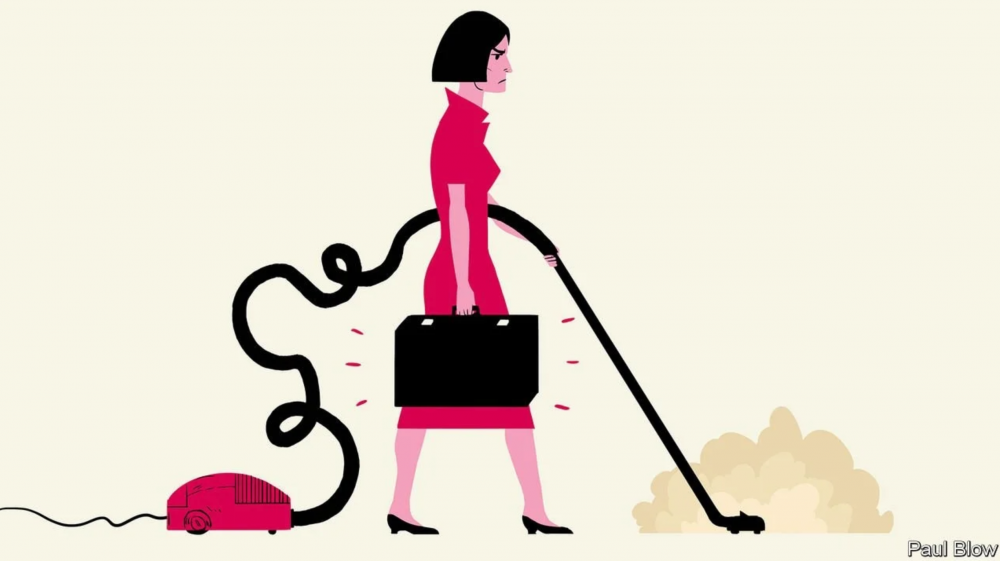
RAMYA SRIDHAR – MARCH 16TH, 2023
EDITOR: JACK YANG
Picture this: You are sitting at a table across from someone you don’t know. In your hands, you have 100 dollars, that you’re free to split between yourself and the person sitting across from you. Of the hundred, how much would you keep? Would you split the money in half (fifty for you, fifty for the lucky stranger) in the name of fairness? Would you keep all of the money for yourself? (Hey, self-preservation is a talent!)
Now, imagine that the person across the table had the power to reject the offer. If they refuse what you offer them, neither you nor they will get any of the money. Would this change how much money you offer them? Suppose the situation were reversed–how much of the 100 dollars would they have to offer you for you to accept the deal? Would the proportion change if it were say 1000 dollars? 10 dollars? A million dollars? Or maybe you know this stranger–would the situation be different if you knew they were your mortal enemy, or your best friend, or maybe your boss?
This thought experiment, known as the Ultimatum Game, exemplifies the field of behavioral economics. Formally, behavioral economics is defined as a subfield of economics that examines economic decision-making through the lens of psychology, sociology, and neuroscience. Unlike traditional economic models, which assume rationality in human behavior (clearly not realistic), behavioral economics acknowledges that humans often make ‘irrational’ decisions, and seeks to understand why.
Thaler, Simon, Kahneman: The Rational vs. The Realistic
The term ‘behavioral economics’ first emerged in the 1970s—Gary Becker coined the phrase in his efforts to define Rational Choice Theory. This theory holds that people make decisions based on self-interest and maximizing their own benefits, choosing the option that serves them best. (A little intuitive, but a salient point I suppose.)
Progressing through the timeline, we come to the man hailed as the father of behavioral economics, Richard Thaler. Thaler disagreed with this assumption of rationality, arguing that people were not always rational and were influenced by environmental, sociological, and psychological factors.
Other notable economists have contributed to the development of behavioral economics. Herbert Simon introduced the theory of bounded rationality, which suggests that people are constrained by social norms, cognitive capacity, lack of information, time, and other factors that prevent them from making ‘optimal’ decisions. Daniel Kahneman’s Prospect Theory showed how people make choices involving risk and uncertainty.” Meanwhile, Amos Tversky helped develop the concept of heuristics—mental shortcuts that simplify decision-making and are fundamental in understanding how the human brain functions.
Theories and Terms
Thaler, Simon and Kahneman were instrumental in defining these early beginnings of behavioral economics. Those foundational concepts have significant, wide-reaching impacts in modern life. In seeking to understand how these impacts manifest, here are a few foundational concepts that are important to know:
Choice Architecture is the idea that the design and presentation of choices can influence decision-making. It’s an important concept in sales and marketing, but it’s also something we encounter in daily life. At the grocery store, we’re more likely to buy the products in the middle shelves, because they’re in our eye line. When we reach the checkout counter, we might grab a conveniently-placed packet of gum. Even in small, incremental ways, choice architecture has the power to supercharge consumerism.
Cognitive Bias refers to the way in which people process information through filters of their own preferences and experiences. We’re all guilty of this. The most common version of this is Confirmation Bias—we’re inclined to believe things that confirm the narrative we already trust.
Discrimination is a phenomenon that can be analyzed from multiple perspectives, including sociological, psychological, and historical ones. In behavioral economics, it refers to people favoring one alternative over another, even if it’s not objectively better. Discrimination manifests itself anywhere, from felony disenfranchisement to casual microaggressions, and is systematically integrated into every facet of society.
Herd Mentality, or groupthink, is the tendency of people to conform to the crowd. If you’ve been called a “sheeple” in the past, you pretty much know exactly what this is. Every day, we make choices that conform or confront convention. Herd mentality simply refers to our inclination to follow the crowd.
Almost everything we’ve covered thus far has been acutely hypothetical. Behavioral economics becomes even more interesting when you consider its real-life impacts. Take debt, for example: at its’ core, debt is simply discounting from the future—we accelerate consumption today by absorbing debt, and later, when we’re paying it off, we hold off on consumption. (This video, by Ray Dalio, explains it well.) Behavioral economics can shed light on why people take on debt to seek consumption sooner in the timeline, as well as the benefits and repercussions that accompany said action. Mortgages are a critical aspect of accelerated consumption too; behavioral economics can help explain why people default on them. In providing an explanation, it can also help in finding potential solutions.
Often, the proposed long-term solution to debt and negative equity is the concept of savings. This idea is most familiar in its relation to retirement. During the pandemic, amongst rampant inflation, many articles were published that revealed that a significant number of people had not saved enough in their 401Ks to fully retire. The solution, it would seem, is to start saving more and earlier. However, savings can be complicated by a number of external factors—high cost of living, financial illiteracy, and human irrationality. Behavioral economics can help navigate these impediments.
Behavioral Breakthroughs: Innovations in Behavioural Economics Research and Application
Current research in behavioral economics has made active progress in offering solutions to a number of the issues mentioned earlier. Retirement, for example—a study by Thaler provides relevant solutions to the inexplicable yet human disdain for savings. In marketing, we see corporations studying and capitalizing on the discounting tendencies of consumers to boost the appeal of spontaneous consumerism. Futuristically, it can help in understanding societal implications of a growing field in AI. Even in the healthcare sector—BE has provided solutions to expiring programs like Medicaid and within the domain of organ donation.
Although behavioral economics is useful in promoting social welfare, it also poses ethical concerns as corporations adopt behavioral economics to exploit their employees and consumers. In today’s world, where communication systems are unregulated and monopolistic tech giants pose security concerns, larger entities can easily manipulate consumers. Thus, ethics plays a vital role in the use of behavioral economics, as its applications can be morally ambiguous.
At the end of the day…
Humans behave irrationally; they make irrational choices and do irrational things. With behavioral economics, we can understand why people make these unreasonable choices—or why their most intuitive decisions are often groundless. It proposes sensible arguments for human unreasonableness that we can then use to suggest real-time solutions to the densely interwoven issues of modern society (like debt!). The evolution of society has always been contingent on decision-making. If we’re able to crack the code on how to optimize that process, we’ll be able to take even greater steps forward as a society.
The ultimate goal of behavioral economics isn’t to solve human irrationality, but rather to understand it, navigate it, and hopefully, use that knowledge to enhance societal well-being. This isn’t a field reserved just for salesmen in business suits or scientists in lab coats—general knowledge in this field can help us all in our day-to-day lives.
So, if you ever find yourself sitting at a table across from a stranger with a hundred dollars in your hand, just remember—behavioral economics has a thing or two to say about why we make the choices we do. Will you split or quit? The choice is yours.
Featured Image Source: pokerstrategy.com
Disclaimer: The views published in this journal are those of the individual authors or speakers and do not necessarily reflect the position or policy of Berkeley Economic Review staff, the Undergraduate Economics Association, the UC Berkeley Economics Department and faculty, or the University of California, Berkeley in general.



